John Locke was an English philosopher and physician, widely regarded as one of the most influential of the Enlightenment thinkers and commonly known as the Father of Liberalism. Considered one of the first of the British empiricists, following the tradition of Sir Francis Bacon, he’s equally important to social contract theory. Take a look below for 30 more interesting and fascinating facts about John Locke.
1. His work greatly affected the development of epistemology and political philosophy.
2. His writings influence Voltaire and Jean-Jacques Rousseau, many Scottish Enlightenment thinkers, as well as the American revolutionaries.
3. His contributions to classical republicanism and liberal theory are reflected in the United States Declaration of Independence.
4. Locke’s theory of mind is often cited as the origin of modern conceptions of identity and the self, figuring prominently in the work of later philosophers such as David Hume, Rousseau and Immanuel Kant.
5. Locke was the first to define the self through a continuity of consciousness.
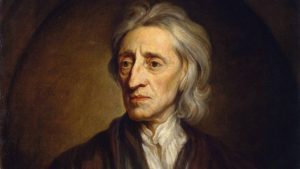
6. He argued that, at birth, the mind was a blank state or tabula rasa.
7. Contrary to Cartesian philosophy based on pre-existing concepts, Locke maintained that we are born without innate ideas, and that knowledge is instead determined only by experience derived from sense perception. This is now known as empiricism.
8. Challenging the work of others, Locke is said to have established the method of introspection, or observing the emotions and behaviors of one’s self.
9. Locke was born to a Puritan family in Wrington, England.
10. In 1647, he was sponsored to the Westminster School in London by MP Alexander Popham.
11. After graduation he attended Christ Church, Oxford and he received his bachelor’s degree in 1656 and a master’s in 1658.
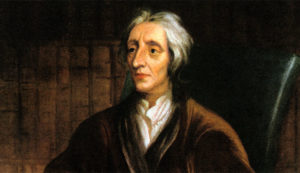
12. In 1667, Locke became the personal physician of Anthony Cooper, first Early of Shaftesbury and when he persuaded the earl to undergo a dangerous operation that saved his life, his reputation as a physician was greatly enhanced.
13. Shaftesbury was the founder of the Whig movement and had a great influence on Locke’s political ideas and future.
14. Locke wrote Two Treatises of Government, which was an argument against absolute monarchy and argued for consent of the governed as the basis of political legitimacy.
15. In 1683, he escaped to the Netherlands after being connected to the Rye House Plot.
16. Locke came into contact with Spinoza’s arguments in favor of political and religious tolerance and the necessity for the separation of the church and state.
17. Locke’s Treatises were printed in America in 1773, in Boston, and his ideas on liberty and the social contract were influential in the American Revolution and influenced the writings of Alexander Hamilton, Thomas Jefferson and James Madison.
18. The Declaration of Independence quotes one passage from Locke’s Second Treatise.
19. Locke’s An Essay Concerning Human Understand was written in 1690 and has had a profound impact on psychology, education and our understanding of the self.
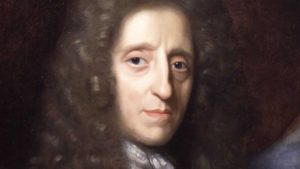
20. Locke rejected the philosophies that views man at birth as inherently sinful or innately knowing in favor of the empty mind theory, stating that who we become is shaped by our experiences, sensations and reflections.
21. Locke continued his reasoning in Some Thoughts Concerning Education, which expresses the idea that education makes us what we are.
22. He argued for an international monetary system based on gold and silver since their value is accepted by all countries, but the value of paper money is only valid to the government which issues it.
23. His Letters Concerning Toleration were written after the European wars of religion and argued that religious coercion leads to unrest and belief can’t be enforced by law.
24. Locke was a firm believer in God’s existence and didn’t tolerate atheism. He encouraged others not to tolerate it either.
25. He received his bachelor’s and master’s degrees before getting his bachelor of medicine in 1674.
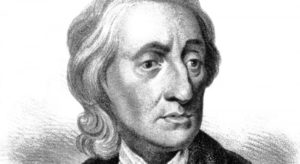
26. His knowledge in medicine saved Lord Ashley Cooper’s life, as he performed an operation to remove a cyst from his liver.
27. Locke began development of the theory of associationism, which states that negative associations wouldn’t be beneficial in the long run.
28. His doctrine regarding the idea that governments need the consent of the people is one of the bases of the Declaration of Independence.
29. He had over 10 major published works, half oh which were released after his death.
30. Locke’s father worked as a clerk and a country lawyer for the Justice of The Peace in Chew Magna. During the early Civil War, he worked as a captain of the cavalry.

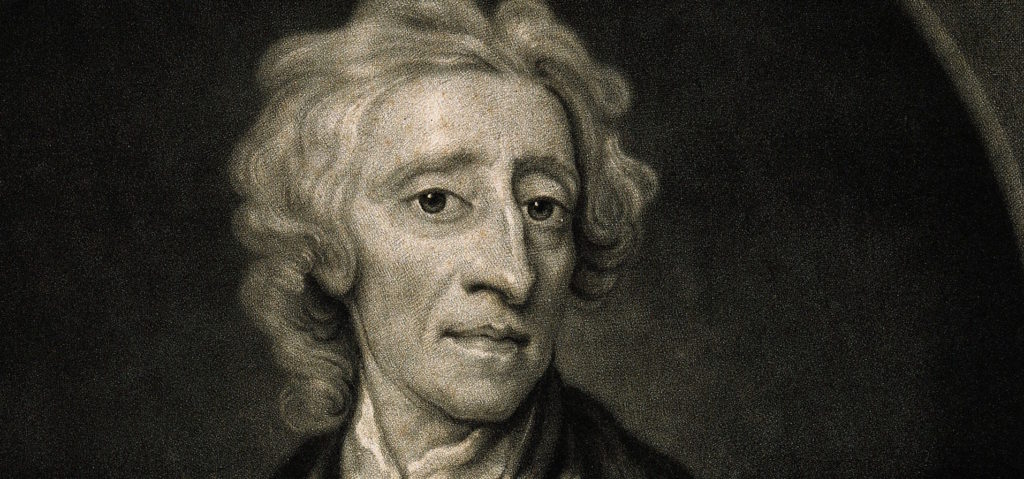
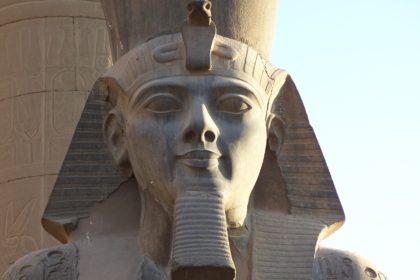


One Comment
Pingback:
July 6, 2018 at 12:44 pm